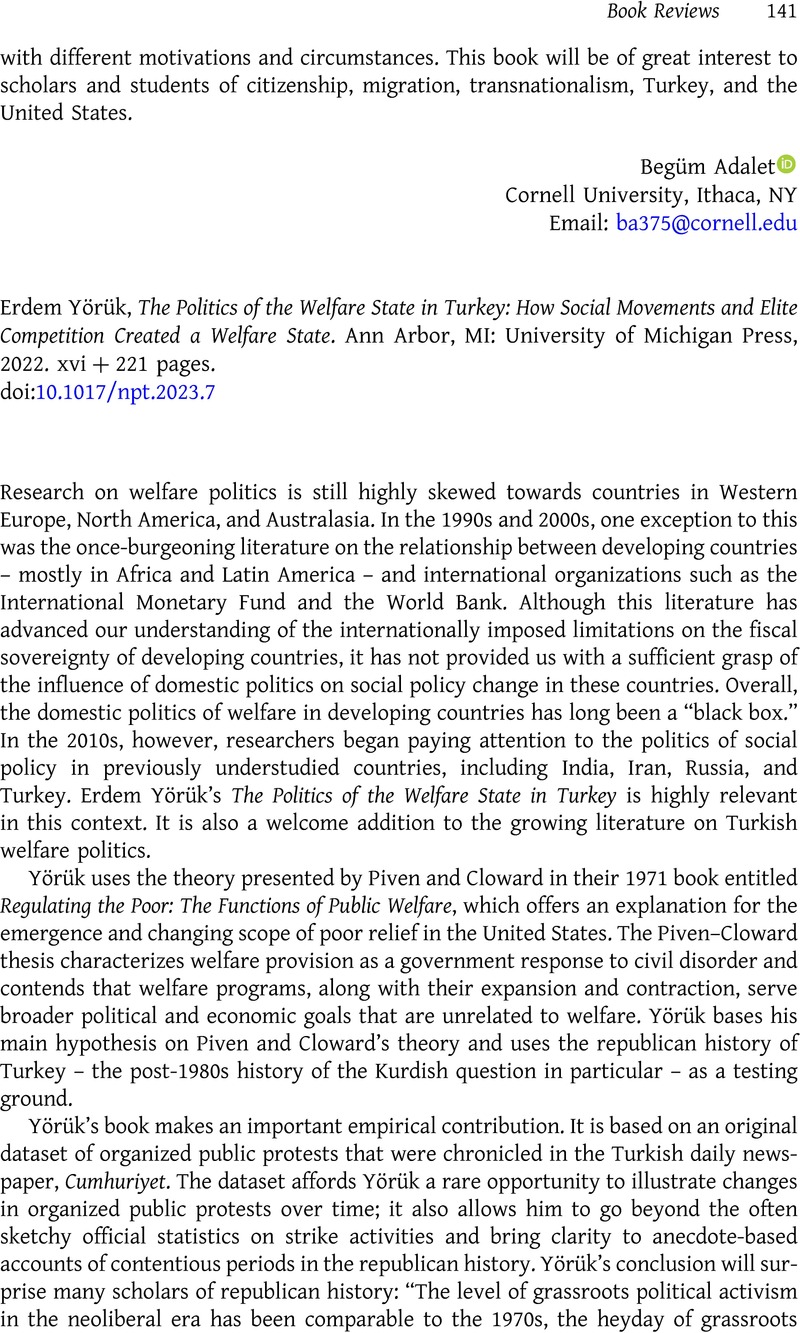Crossref Citations
This article has been cited by the following publications. This list is generated based on data provided by Crossref.
Tkacova, Andrea
Gavurova, Beata
and
Toth, Peter
2024.
Welfare regimes of European countries and their development in the context of membership in the European Union.
Economics & Sociology,
Vol. 17,
Issue. 3,
p.
158.




